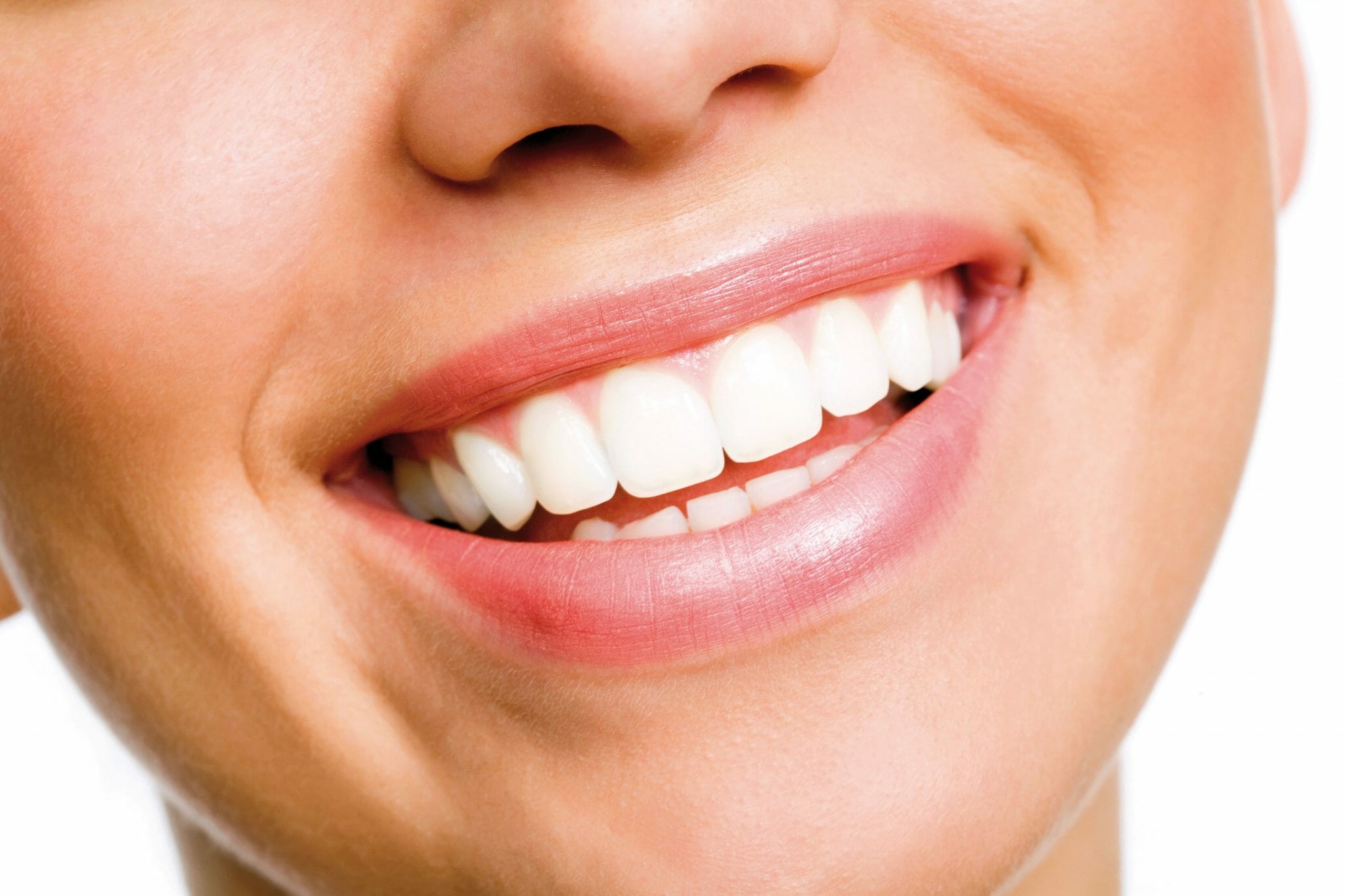Cavities develop when harmful bacteria in your mouth create acids that eat away at your teeth. This process happens gradually, often without noticeable symptoms, until significant damage occurs.
Let’s examine exactly what causes this destructive cycle and how you can interrupt it.
The Acid Attack Process
Your mouth contains hundreds of different bacterial species. Many are harmless, but some feed on sugars and starches from food and drinks. When these bacteria consume these substances, they produce acid as waste.
This acid directly contacts your tooth enamel, the protective outer shell of each tooth. Tooth enamel ranks as the hardest substance in your body, but repeated acid exposure gradually weakens its mineral structure. Once the enamel develops microscopic holes, bacteria penetrate deeper into the tooth, creating dental caries.
The destruction continues through the tooth’s inner layers. Without intervention, tooth decay reaches the pulp chamber containing nerves and blood vessels. At this stage, you’ll likely experience pain and need treatments like a root canal to save the tooth. Severe cases may result in tooth loss.
Plaque: The Foundation of Cavity Formation
Dental plaque plays the starring role in cavity development. This sticky, nearly invisible film consists primarily of bacteria and forms continuously on your teeth throughout the day.
The buildup of plaque creates an ideal breeding ground for cavity-causing bacteria. These microorganisms multiply rapidly within plaque colonies, producing increasingly concentrated acid attacks against your tooth enamel. Areas with heavy plaque accumulation—between teeth, along the gumline, and in molar grooves—face the highest risk for decay.
Poor oral hygiene allows dental plaque to harden into tartar, which bonds so strongly to teeth that only professional cleaning can remove it. Tartar provides additional surface area for bacteria to colonize, accelerating the cavity formation process.
Primary Risk Factors for Dental Caries
Diet significantly influences cavity development. Frequent consumption of sugary foods and beverages provides constant fuel for harmful bacteria. Acidic drinks like soda and fruit juice directly erode tooth enamel while feeding bacteria simultaneously.
Timing matters as much as food choices. Sipping sugary drinks or snacking throughout the day maintains elevated acid levels in your mouth for hours. Your saliva needs time between meals to neutralize acids and remineralize your teeth.
Several biological factors increase cavity susceptibility:
- Reduced saliva production: Medications, medical conditions, and aging can decrease saliva flow, reducing your mouth’s natural defense against acids
- Deep tooth grooves: Molars with pronounced pits and fissures trap food particles and bacteria, making thorough cleaning difficult
Subpar oral hygiene remains the most controllable risk factor. Inconsistent brushing and flossing allow plaque to accumulate undisturbed, creating ideal conditions for acid production and enamel destruction.
The Progressive Nature of Tooth Decay
Cavities advance through predictable stages, each requiring different treatment approaches. The earliest stage appears as white chalky spots on tooth enamel where minerals have leached out. At this point, aggressive remineralization with fluoride toothpaste and improved oral hygiene can reverse the damage.
Once bacteria breach the enamel surface, decay accelerates rapidly through the softer underlying tooth structure. Small brown or black spots indicate established cavities requiring professional restoration to prevent further progression.
Advanced decay reaches the tooth’s nerve chamber, causing intense pain and potential infection. Root canal treatment becomes necessary to remove infected tissue and save the tooth structure.
Prevention Strategies That Actually Work
Regular dental checkups allow early detection and treatment of cavities before they cause symptoms. Your dentist in Gahanna, Ohio, can identify the early stages of decay and apply preventive treatments like dental sealants to vulnerable teeth.
Fluoride toothpaste strengthens tooth enamel and helps repair early acid damage. Using fluoride toothpaste twice a day provides ongoing protection against cavity-causing bacteria.
Dental sealants offer excellent protection for molars by filling deep grooves where bacteria typically accumulate. This simple preventive treatment can reduce cavity risk by up to 80% in treated teeth.
Maintaining consistent oral hygiene disrupts plaque formation and removes cavity-causing bacteria before they can produce damaging acids. Brushing twice daily and flossing removes food particles and plaque from all tooth surfaces.
Taking Control of Your Oral Health
Understanding how cavities develop helps you to make informed decisions about your dental care. The cavity formation process is predictable and largely preventable with proper knowledge and consistent habits.
Regular dental checkups combined with excellent home care provide the best protection against tooth decay. Early intervention during the initial stages of cavity development can save you from more extensive and expensive treatments later.
Your teeth are designed to last a lifetime with proper care. By interrupting the acid attack cycle through good oral hygiene, smart dietary choices, and professional preventive care, you can maintain a healthy smile and avoid the pain and expense of advanced tooth decay.
Remember that cavity prevention is always easier and less expensive than treatment. Small changes in your daily routine can make a dramatic difference in your long-term oral health outcomes.

